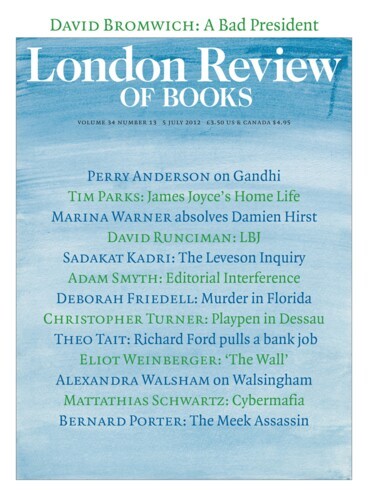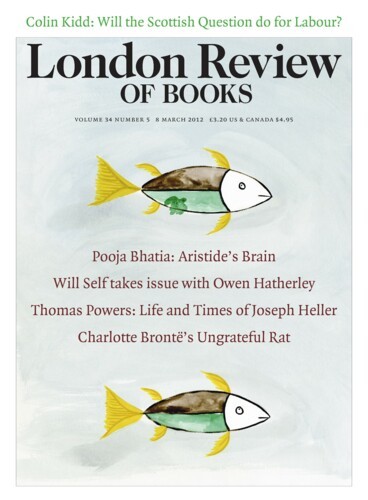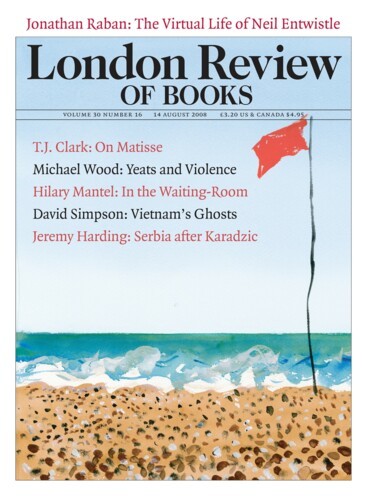In Berlin
Philip Oltermann, 5 July 2012
The day before the latest elections in Athens, the German tabloid Bild published an open letter. ‘Dear Greeks,’ it read, ‘Please don’t do anything stupid … The only reason that you are able to get euros out of your cash machines is that we, the Germans, and other euro states have put them there … Tomorrow you have a choice. But it isn’t really a...




